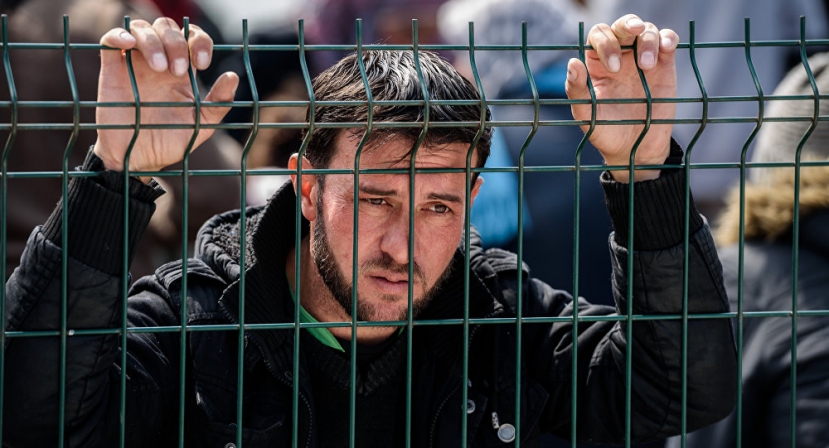The EU has struggled to reach an agreement on immigration, following the massive rise in migrants seeking asylum in Europe, following a declaration in August 2015, by German Chancellor Angela Merkel that her country's doors were "open" to refugees.
Tens of thousands attempted the crossing of the Aegean Sea and the Mediterranean Sea to make their way to Europe. Many countries closed their borders to migrants as states struggled to tackle the crisis.
The issue brought into focus the deficiencies in the Schengen borderless Europe regimeand the Dublin Regulation, which stipulated that all migrants have to be processed in the country of arrival.
"I know this is not very popular, but we are making a call for Europe to prepare for possible new influxes. It may not happen, hopefully it will not happen, but we need to be prepared. We are very concerned that in a number of situations, Europe does not seem to have plan A or Plan B. The scenes of 2015 must not be repeated," United Nations refugee agency UNHCR representative Vincent Cochetel told the civil liberties committee.
Relocation, Relocation, Relocation
In May and September of 2015, the European Commission published its roadmap for migrants allowing for the relocation of 160,00 migrants who had turned up in various countries — notably Greece, Italy and Hungary — amid the chaos of mass movement and inadequate border controls. These migrants would be "processed" and then redistributed around EU member states according to an "emergency" plan.
However, the plan has — so far — only relocated around 10,000 because of disagreements over the relocation by mandatory quota of migrants.
Meanwhile, the EU-Turkey migrant deal to relocate "irregular migrants" — those refused asylum in Greece — back to Turkey has also been heavily criticized. Many NGOs believe that the conditions for refugees in Turkey do not meet the standards of the Geneva convention.
Other critics allege that refugees from Syria have been turned back at the Turkish border to face their fate in the war-torn country. Ana Gomes, an MEP from Portugal described the EU-Turkey deal as "illegal and immoral."
Parliament's Turkey rapporteur Kati Piri criticised the Commission announcement before Christmas that the transfer of asylum seekers to Greece under the Dublin Regulation, which governs which EU member state is responsible for processing asylum claims, should resume.
"Let's get realistic. We see what's happening in Greece. We haven't been sending people back there for years because of the lack of qualifying reception facilities. You are feeding populism by announcing something that we all know will not happen," she said.

